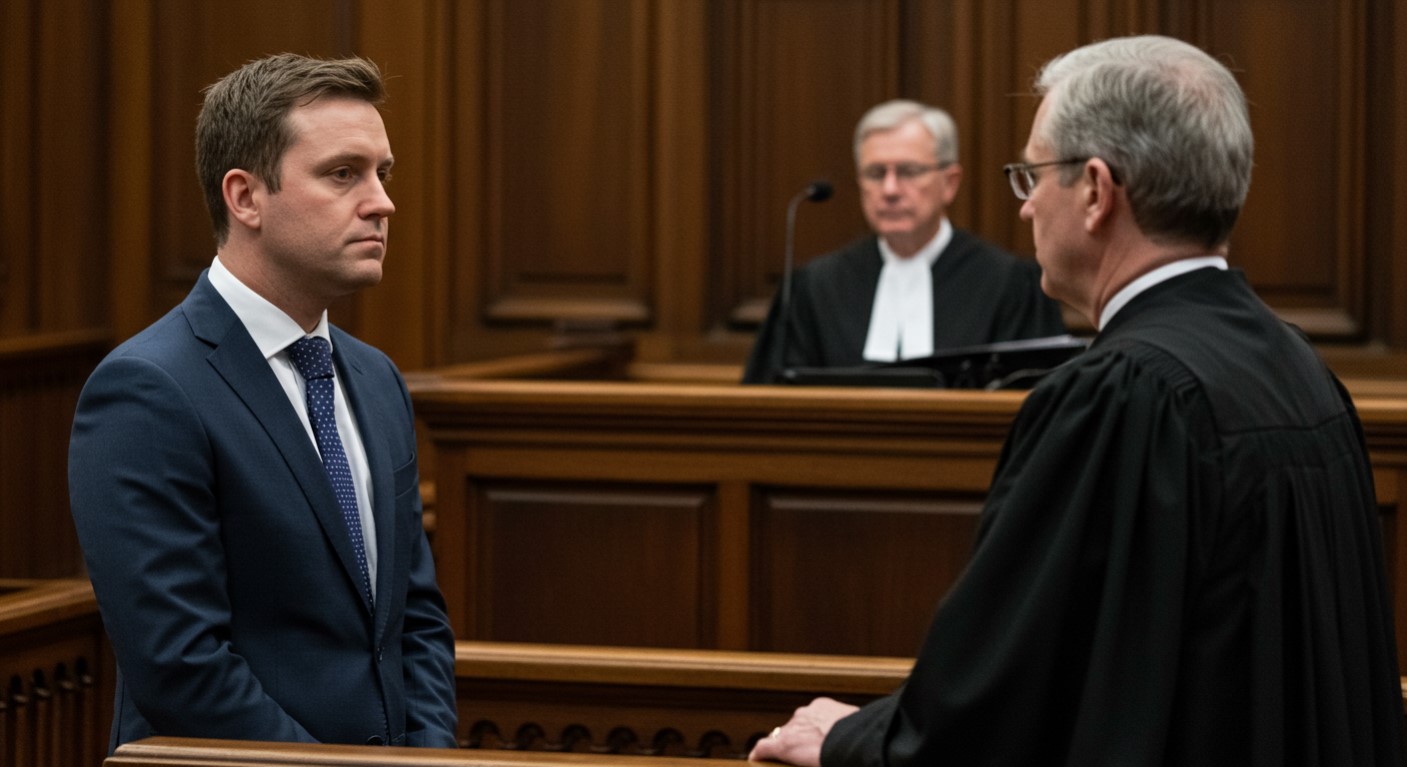Adverse Inferences in Criminal Cases in England: Understanding the Law, Consequences, and the Importance of Seeking Legal Advice

Adverse Inferences in Criminal Cases in England: Understanding the Law, Consequences, and the Importance of Seeking Legal Advice
Adverse inferences in criminal cases can play a significant role in determining guilt or innocence. These inferences arise when a defendant chooses to remain silent or fails to provide an explanation when questioned, which the court may interpret negatively. Understanding the legal framework surrounding adverse inferences is essential, as they can significantly impact the outcome of a case.
For those who believe that adverse inferences have unfairly influenced their conviction, criminal appeals may provide a pathway to challenge the decision. Successfully appealing a conviction or sentence based on improper or unjust adverse inferences requires expert legal guidance to build a strong case.
This article aims to explain what adverse inferences are, the legal framework governing them, the potential consequences for individuals facing such inferences, and why seeking legal advice is crucial in navigating this complex aspect of the criminal justice system.
The Legal Framework

- Definition of Adverse Inferences
- Adverse inferences refer to the conclusions drawn by the court when a defendant exercises their right to remain silent during police questioning, fails to mention a fact later relied upon in their defence, or provides an unsatisfactory explanation for their conduct.
- Legal Basis
- The legal basis for adverse inferences in England is primarily found in the Criminal Justice and Public Order Act 1994, which amended the Police and Criminal Evidence Act 1984 (PACE). These amendments permit the court to draw inferences when certain conditions are met.
Conditions for Drawing Adverse Inferences
- Right to Remain Silent
- If a defendant remains silent during police questioning or declines to answer specific questions, the court may draw adverse inferences if it considers it appropriate.
- Failure to Mention a Fact
- If the defendant fails to mention a fact during police questioning that they later rely upon in their defence at trial, the court may draw adverse inferences.
- Unsatisfactory Explanation
- If the defendant provides an unsatisfactory explanation for their conduct when questioned by the police, the court may draw adverse inferences.
Consequences of Adverse Inferences

- Weighing of Evidence
- Adverse inferences allow the court to take into account the defendant’s silence, failure to mention facts, or unsatisfactory explanations when assessing the evidence against them.
- Potential Impact on the Verdict
- Adverse inferences can be used by the prosecution to argue that the defendant’s silence or conduct is indicative of guilt. This can influence the jury’s deliberations and potentially lead to a guilty verdict.
- Impact on Sentencing
- Even if a defendant is found guilty, adverse inferences can also affect sentencing decisions, as the court may consider the defendant’s behaviour during the investigation.
Why You Should Seek Legal Advice
- Understanding Your Rights:
- Legal professionals can help you understand your rights and the potential consequences of remaining silent or providing statements during police questioning. They can guide you on when to exercise your right to silence and when it may be in your best interest to cooperate.
- Assessing the Evidence:
- Solicitors and criminal defence lawyers can assess the strength of the evidence against you and advise you on the potential impact of adverse inferences. They can help you build a defence strategy that takes these factors into account.
- Protecting Your Interests:
- Legal experts can represent you during police interviews to ensure that your rights are protected and that you provide statements in a manner that minimises the risk of adverse inferences.
- Court Representation:
- In court, legal professionals can challenge adverse inferences, present counterarguments, and advocate for your defence, helping to mitigate their potential impact on your case.
Conclusion: Navigating Adverse Inferences in Criminal Cases

Adverse inferences in criminal cases in England can significantly affect the course of a trial and the outcome of a case. Understanding when and how adverse inferences may be drawn is essential for anyone facing criminal charges.
Given the complexities of the law surrounding adverse inferences and the potential consequences for your case, seeking legal advice and representation is paramount.
Solicitors and criminal defence lawyers can provide crucial guidance, protect your rights during police questioning, and build a strong defence strategy that accounts for the possibility of adverse inferences.
Legal advice ensures that you make informed decisions throughout the legal process, increasing your chances of achieving a fair and just outcome in the criminal justice system.
In cases where adverse inferences may come into play, legal counsel is not just beneficial; it is a vital safeguard of your rights and interests.
Notice: Informational Content Disclaimer
The content provided on this website, including articles, blog posts, and other informational materials, is intended for general informational purposes only. It is not intended as, and should not be considered, legal advice.
Visitors to this website should be aware that the information presented here is not a substitute for seeking legal advice from a qualified solicitor or legal professional. Each individual's legal situation is unique, and the information provided may not be applicable to specific circumstances.
If you require legal advice or have specific legal questions, we encourage you to contact us directly. Our experienced team of solicitors is here to assist you with your legal needs and provide tailored advice to address your concerns.
Please be advised that any communication through this website, including the use of contact forms or email, does not create a solicitor-client relationship. Confidential or time-sensitive information should not be sent through this website. To establish a solicitor-client relationship and discuss your legal matters in detail, please contact us for a consultation.
We strive to provide accurate and up-to-date information, but we make no representations or warranties regarding the accuracy, completeness, or suitability of the information contained on this website. We shall not be liable for any reliance placed on the information provided herein.
Thank you for visiting our website. We look forward to the opportunity to assist you with your legal needs.




